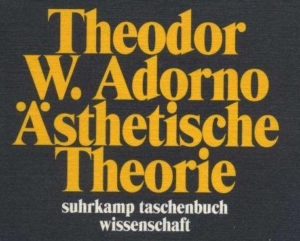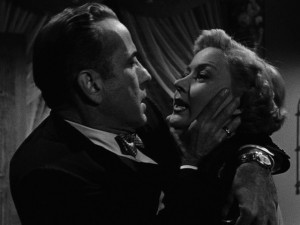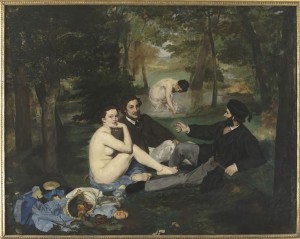
Adorno, Aesthetic Negativity, and the Problem of Idealism
It is at this point that, because of this negative dependence on Hegel, it matters a great deal that Adorno has misidentified the heart and soul of Hegel’s Absolute Idealism.

It is at this point that, because of this negative dependence on Hegel, it matters a great deal that Adorno has misidentified the heart and soul of Hegel’s Absolute Idealism.

I do not mean here to refer to the issue familiar in philosophy since Plato, the way the psyche can be shaped in very different ways by the education it receives and by the context of some particular regime. Democratic souls for democracies; oligarchic souls for oligarchies. Plato and many others keep the soul’s structure constant in such accounts, concentrating on the effects of the formation process on that structure. I think something much more radical is implicitly suggested by these films—that what counts as such a structure is at issue and open to real variation. This is particularly true of the psychological structure assumed in “explaining actions” or “assigning or accepting responsibility.” How we have come to think of that issue, the range of possible answers, may, if the brothers are right, have more to do with the imperatives of a particular social organization of power than it would be comfortable to admit.

A dominant “knowing irony” can suggest the kind of uncertainty, or reluctance to take any side in some important dispute, which is inconsistent with the high seriousness and mythic ambition of great Westerns. In the crisis situations portrayed in Westerns, indulge such an irony and you begin to sound like a Lee Marvin character, a cynic. The great problem in great Westerns is the possibility of and the nature of and especially the cost of civilized life itself.

As we shall see though, once she allows the question of whether this trust and faith are justified to arise, the possibility of answering it immediately changes, as her relation to Dix just thereby changes; he notes the change, is wounded, he changes, and then, and only then, does he begin to evince what could be, and are taken to be, indications that he really is “capable of murder.”

But the question is deeper: whether an illusion, on the order of some post-Cartesian misdirected agenda in epistemology, is a proper matrix for understanding the sort of suffering chronicled in the modern literature of loss, absurdity, alienation, meaninglessness and simple heartlessness. (For that matter, the larger question here: could McDowell be right that the Cartesian agenda is simply an illusion, to be recovered from, to be exorcised? Is not that image itself telling, as if it is something like possession, witchcraft? Could that be right?)

The dimension of a free life that Hegel is interested in has not, by virtue of these critiques, been superseded or gone away, unless we have some way of understanding what it would be to actually acknowledge such a departure in life. The postmodernist critique of subjectivity is “overdone” to the extent that it leaves us with no concrete way to understand what the actual position of subjectivity should look like to an agent.

nonsite.org is an online, open access, peer-reviewed quarterly journal of scholarship in the arts and humanities. nonsite.org is affiliated with Emory College of Arts and Sciences.